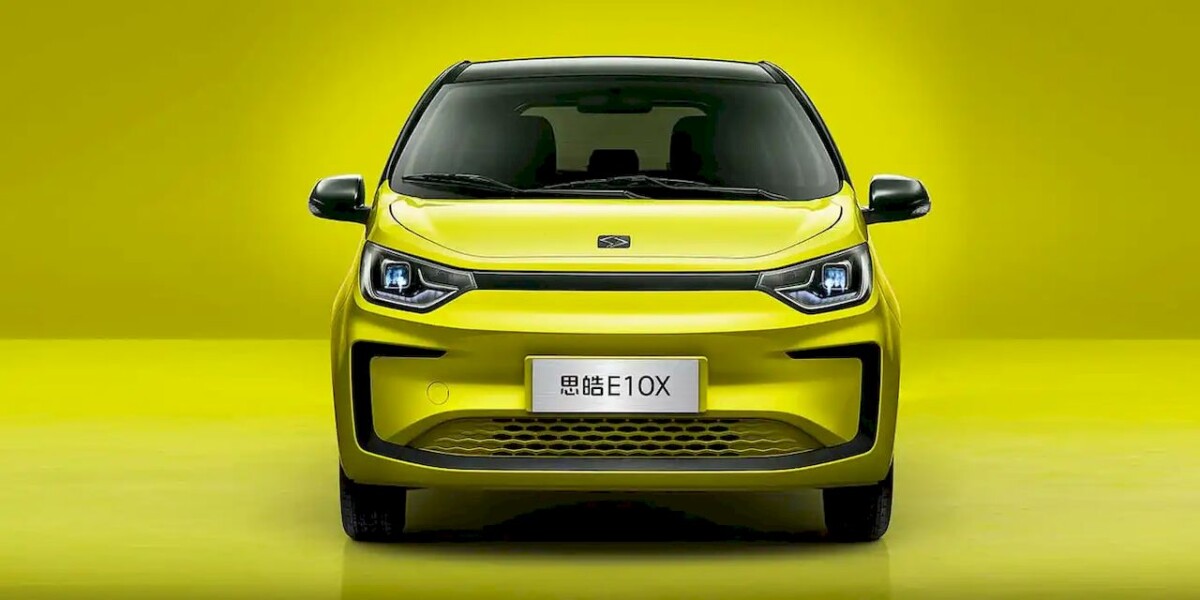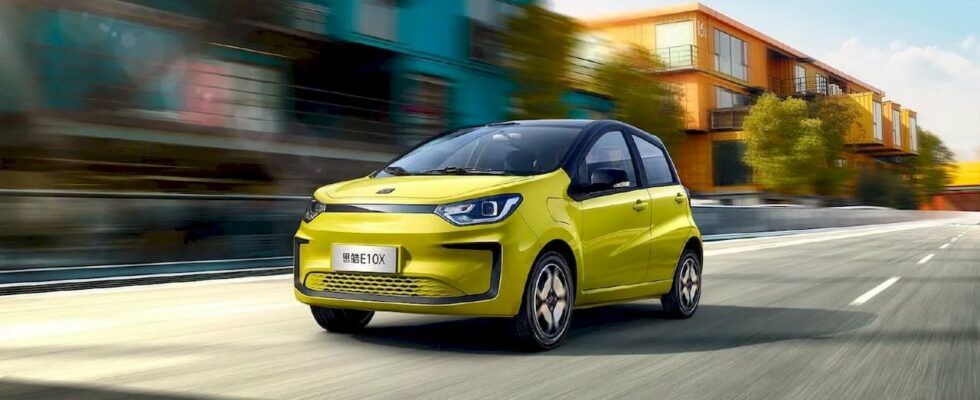The Chinese manufacturer Yiwei, from the JAC group which is linked to Volkswagen via a joint venture, has just launched an electric car equipped with a sodium battery, without lithium or colbalt. But how is it really revolutionary?
Small revolution in sight at Volkswagen? Certainly not, at least not now, but what is happening in China currently deserves to be highlighted. Indeed, last Wednesday, the brand new JAC Yiwei EV, first electric car of the group equipped with a sodium batterywas presented when it left the factory in China.
Yiwei, a new electric vehicle brand owned by the JAC Group and supported by Volkswagen through a joint venture, was established earlier this year. JAC’s parent company, 50% owned by Volkswagen and 50% by the State, benefited from an investment of one billion euros from the German firm in 2021.
The battery of future small Volkswagens?
The JAC Yiwei EV does not disrupt the codes through its design, but rather through what happens under its dress. Its battery is composed of cylindrical sodium cells supplied by HiNa Batterya Beijing-based technology company affiliated with the Institute of Physics of the Chinese Academy of Sciences.
This new technology is coupled with JAC’s UE module, characterized by a honeycomb-style battery structure. Comparable to BYD’s Blade battery used in electric cars from Toyota, Kia and Ford, as well as CATL’s CTP (cell-to-pack) technology, this configuration promises optimal performance.
Sodium batteries, the future of electric cars?
Although sodium batteries have a lower energy density than lithium batteries, they have several advantages, including superior low temperature performance, faster charging speeds, longer lifespan and increased durability over time. You can also find all the details concerning sodium batteries in our dedicated file.

According to JAC, the lower raw material costs of these sodium-ion batteries could help lower the prices of electric cars, making them more accessible.
Overall, everyone is working on sodium batteries at the moment, although they are also very divisive. Freed from lithium, but also from cobalt, manganese or nickel, a sodium battery costs much less to produce than a lithium oneas JAC pointed out during the presentation of the car.
The problem is that these sodium batteries are not perfect. This technology has a drawback compared to lithium-ion batteries: the energy density is much lower. In other words, these batteries contain less energy in the same volume and weight than a lithium-ion battery.
